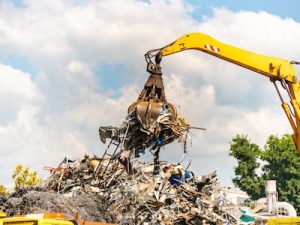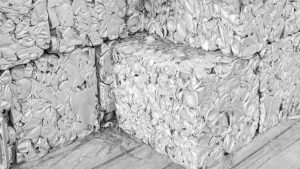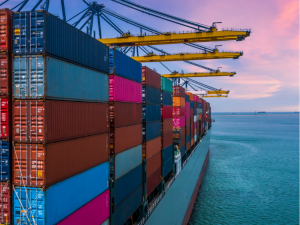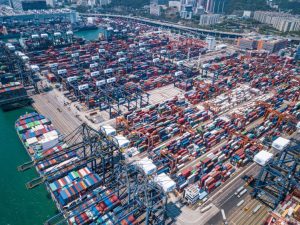
EU targets small packaging in new recycling partnership
The move comes as pressure is increasing to keep scrap at home but US tariff exemptions have made exports more appealing.

The move comes as pressure is increasing to keep scrap at home but US tariff exemptions have made exports more appealing.

China's expanding trade surplus reflects a strategic rotation away from US markets and toward higher-value exports, even as domestic demand remains under pressure.

The EU's preparatory work on possible aluminum scrap export restrictions provides the starting point for examining why current European scrap flows to the US remain too small to materially affect either region's can sheet market.

The results show Hydro holding its operational footing even as profitability becomes harder to predict as margins swing sharply year over year, and even quarter to quarter.

The Aluminum Association is urging the U.S. government to ban exports of used beverage container (UBC) scrap to keep high-quality recycled aluminum within North America and strengthen domestic supply for manufacturers.

Ever since it launched its One Belt One Road campaign in 2013, China has been relentless in building markets overseas.

A loophole in Section 232 could allow unethical people to game the system.

China is on a steep learning curve to appreciate the advantage of using recycled metals in its downstream fabrication plants.

Could a proposed bail-out of farms hurt by tariffs present an opportunity to change how the government chooses to support steel and aluminum?

As billet upcharges mount, scrap spreads stay wide, and talk of an export ban rattles recyclers, the aluminum industry heads into 2026 facing some of the toughest cost and supply negotiations yet.